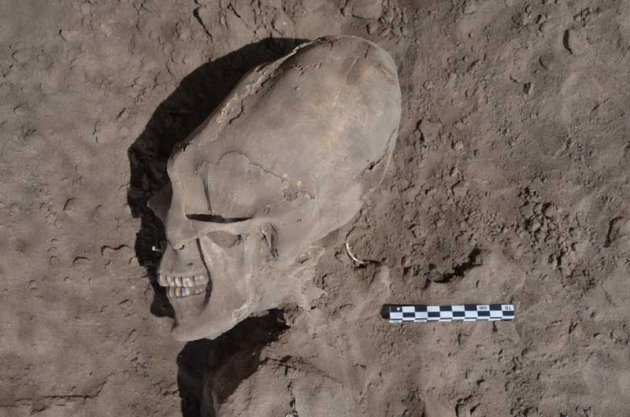Dr. Eddies Wingman
Brighter than thousand_suns
It's days like these when you feel inclined to think that scientific progress is just pearls before swines.
Writing about it in the tabloid media is throwing pearls before swines, but eventually today's scientific progress may lead to inventions that everyone will benefit from - as it has done before. The discoveries in the period from 1890 up to 1920 alone form a large part of the basis of many of today's household technologies. If some don't appreciate it - their bad, Fortunately these are usually not the ones who sit on the money researchers need.



